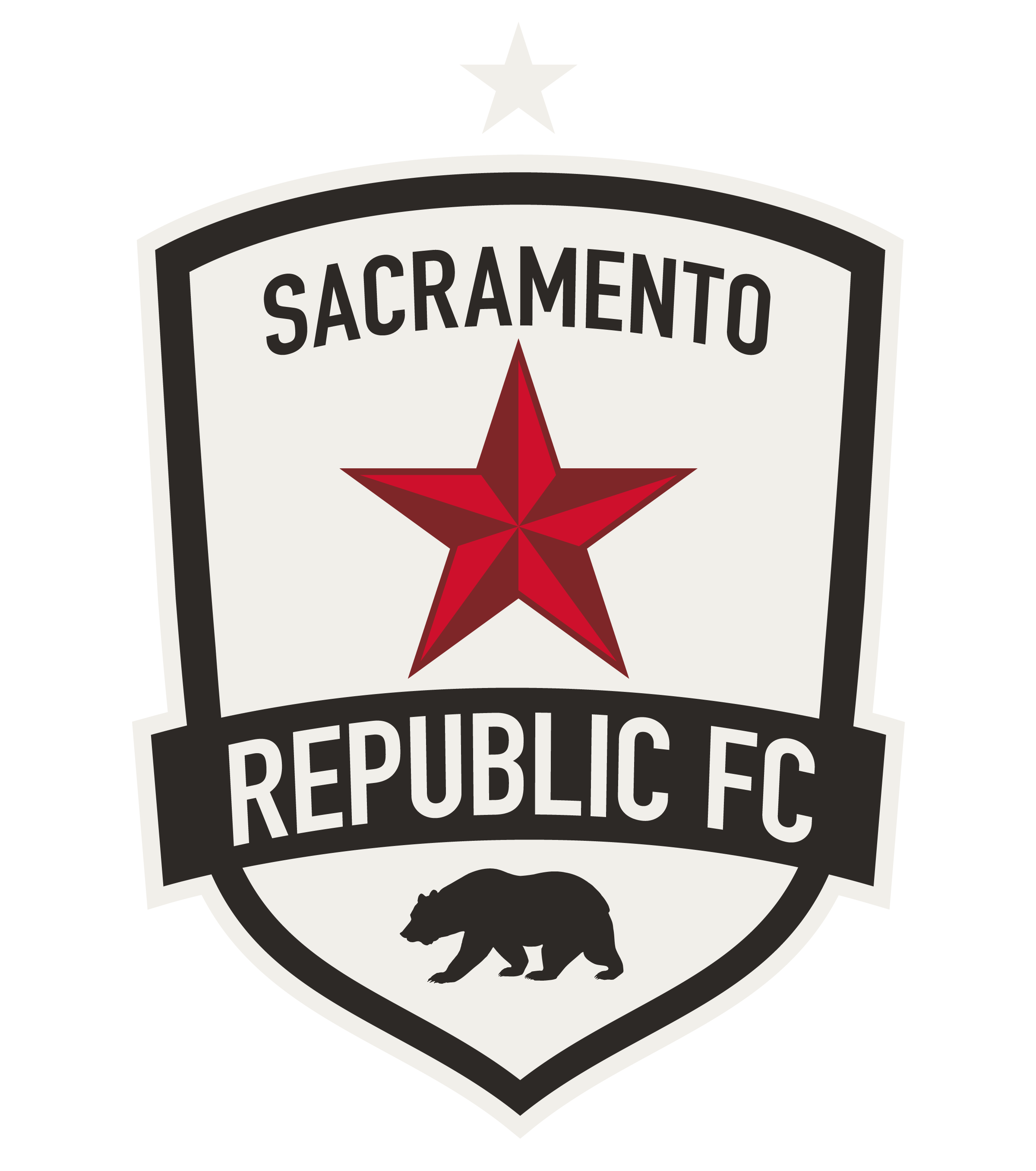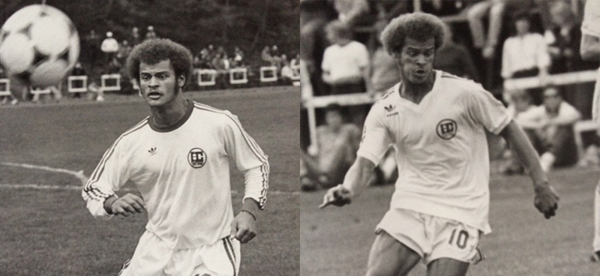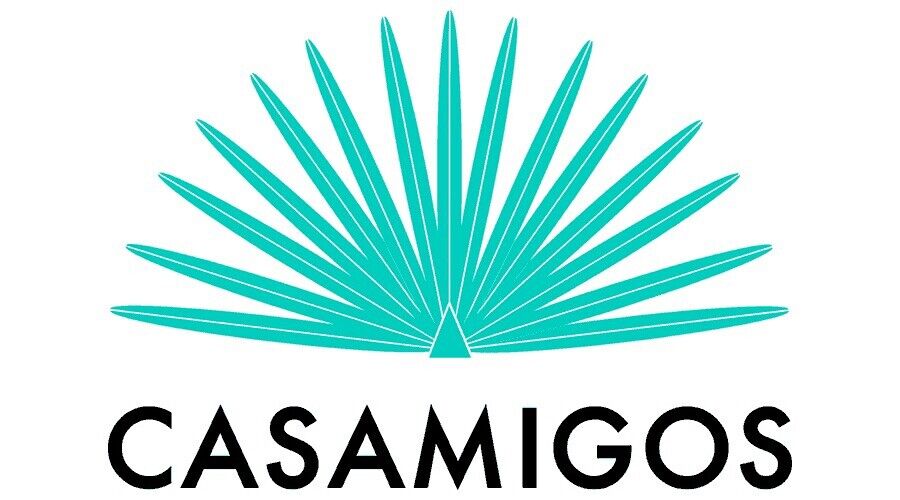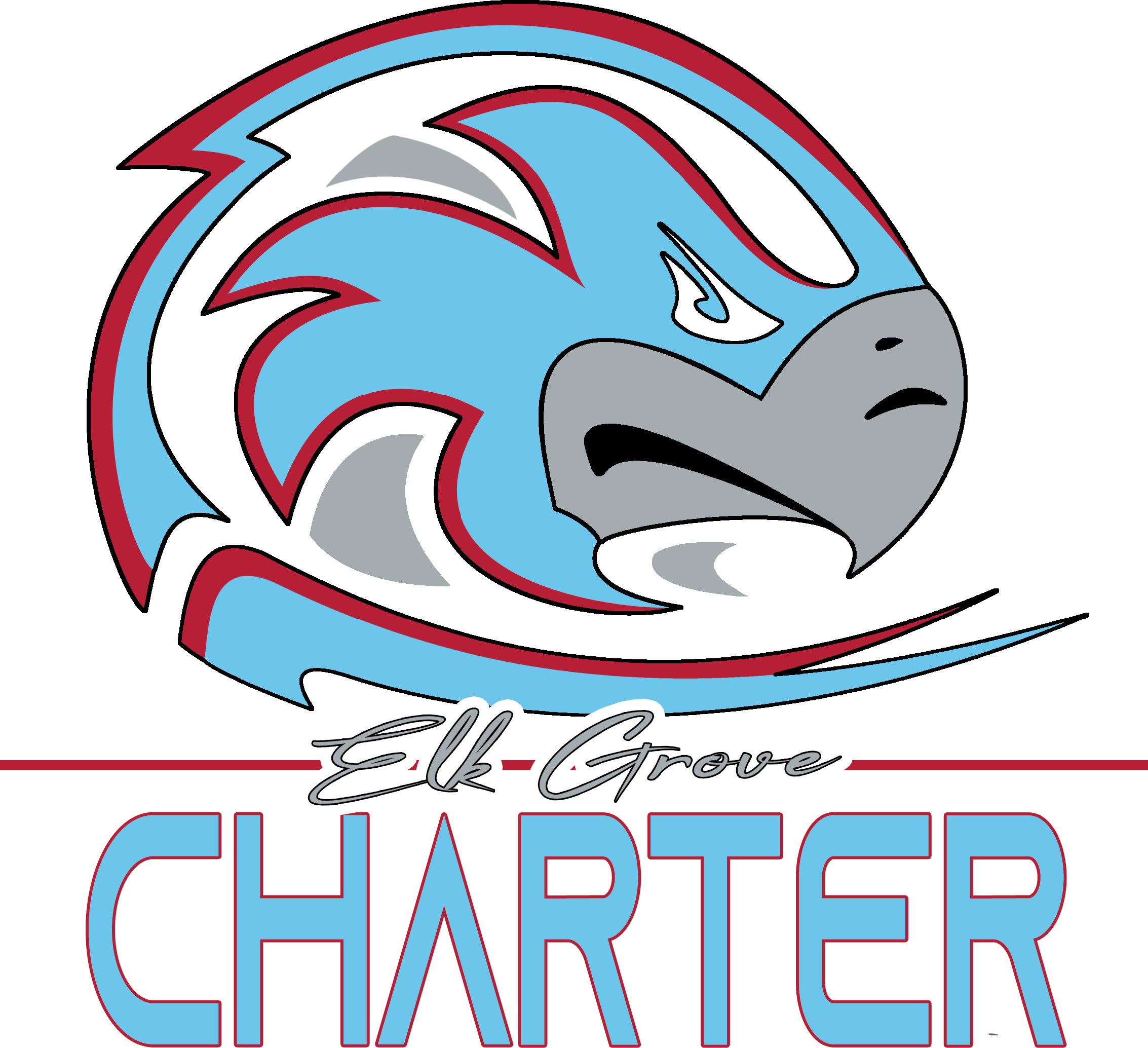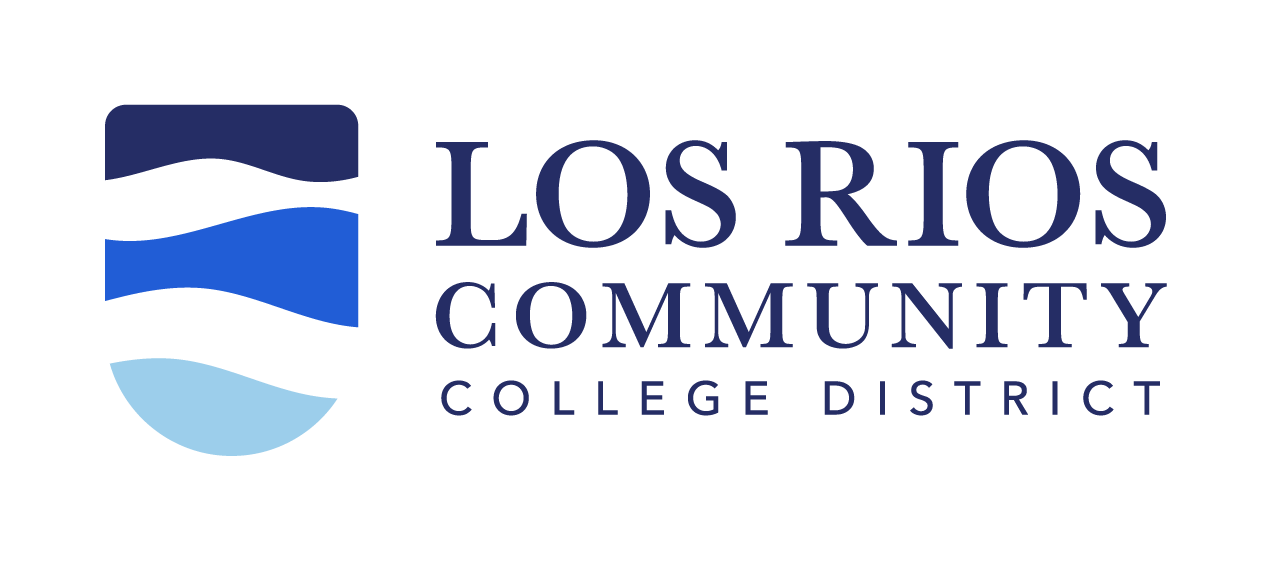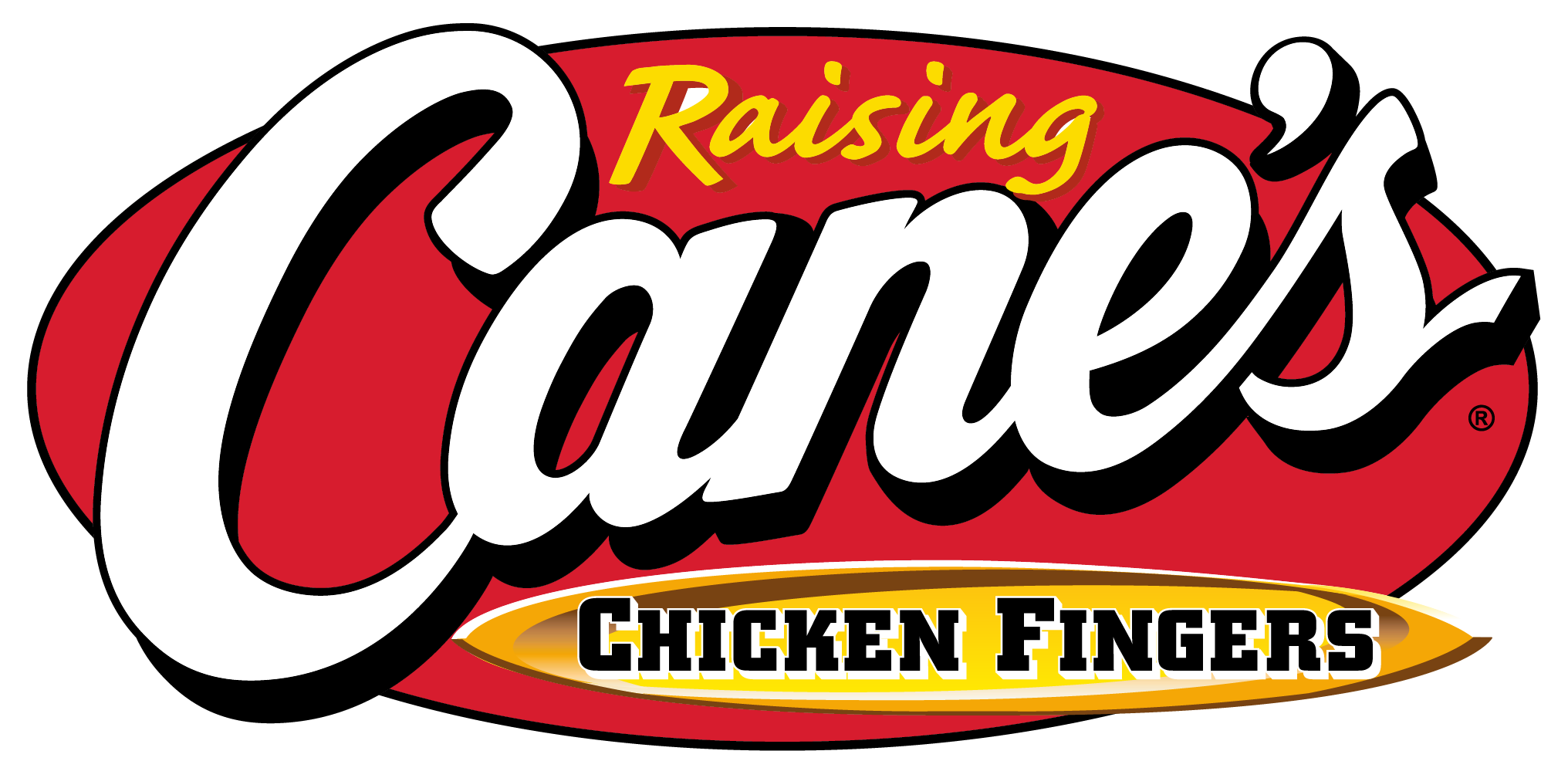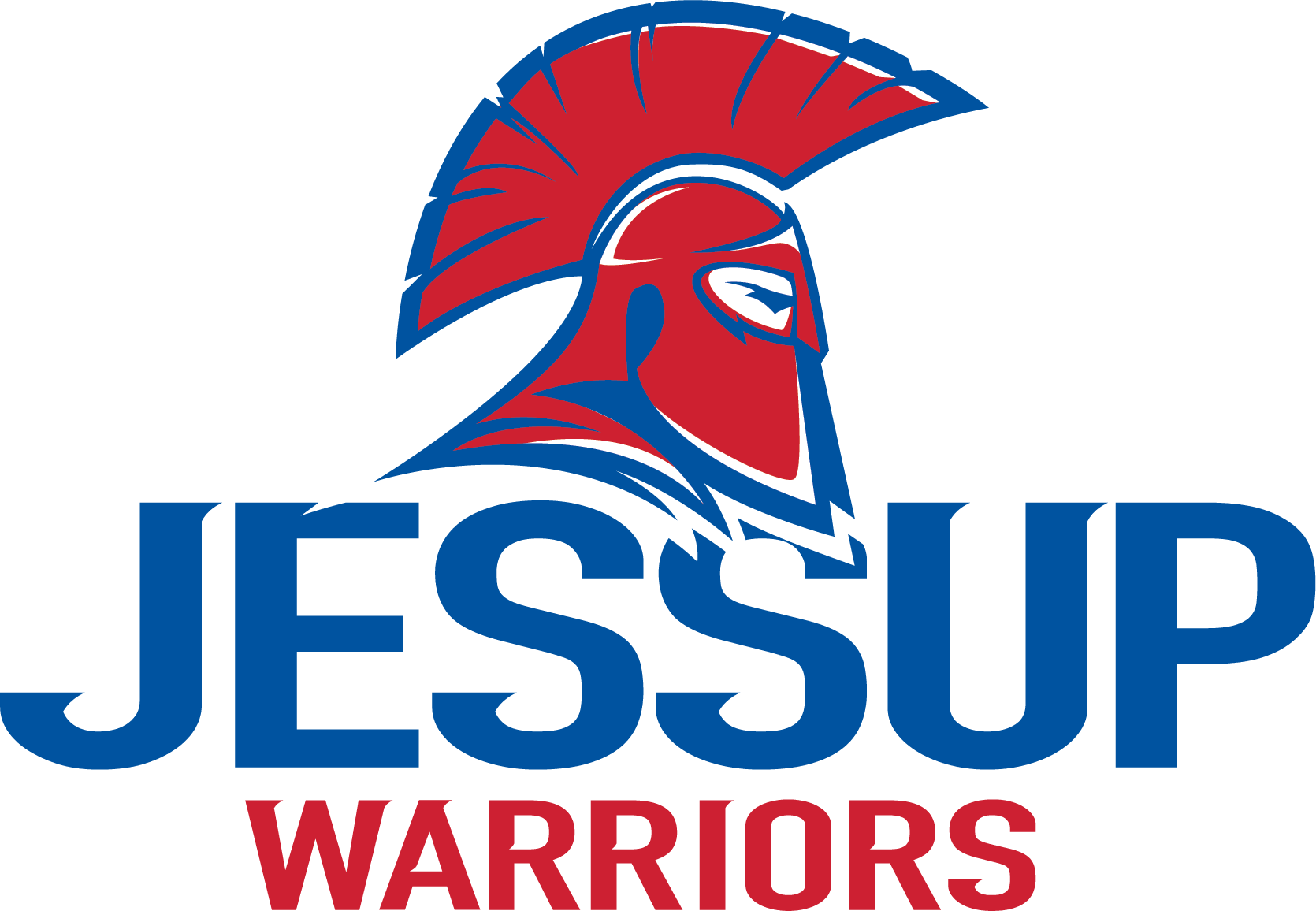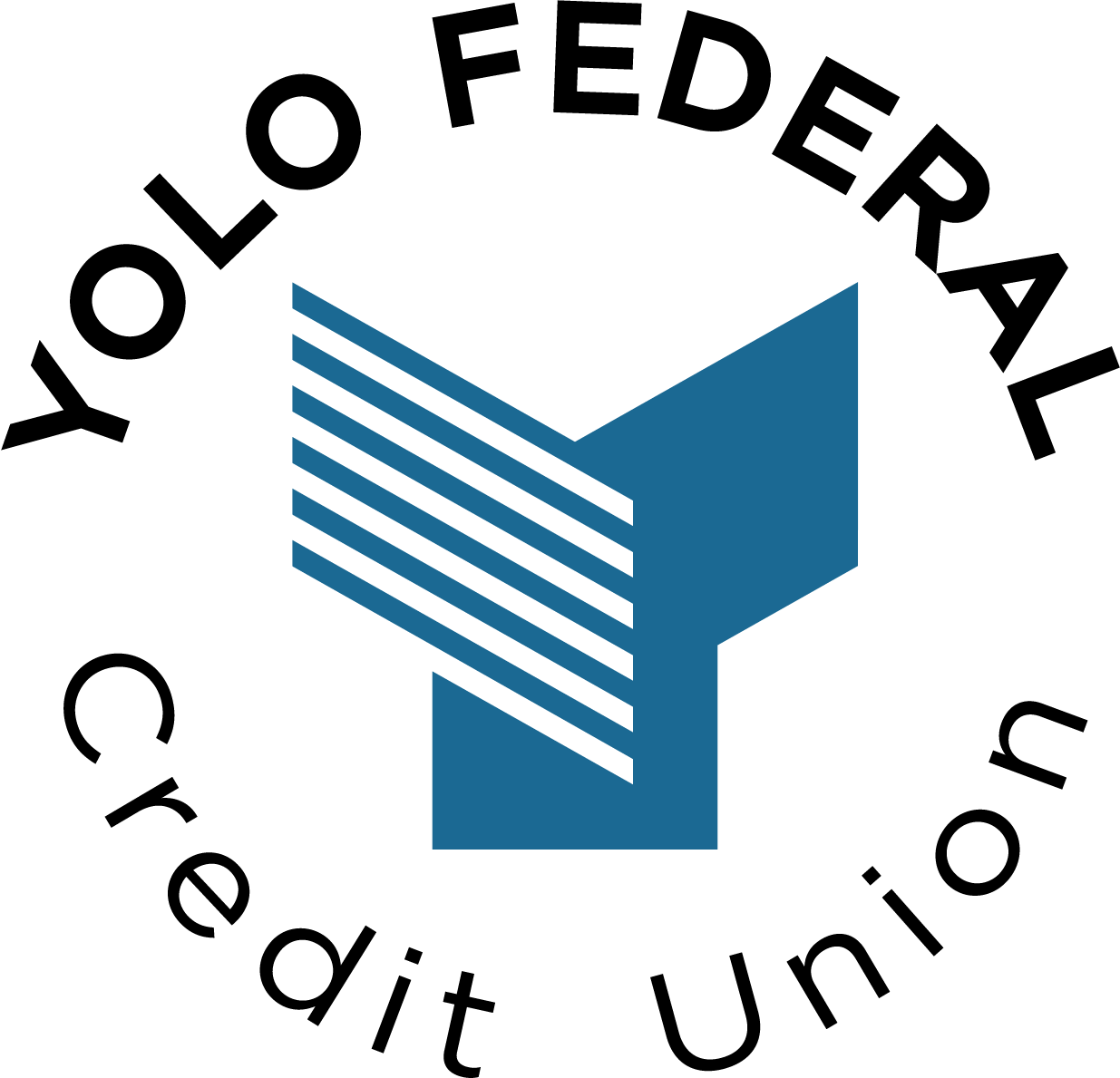Throughout February, Republic FC will honor different trailblazers and pioneers in the soccer community through Black History Month. Each week, a new profile will look at how Black men and women have contributed to the game we love, and how there is still more work to be done as a society.
Throughout February, Republic FC will honor different trailblazers and pioneers in the soccer community through Black History Month. Each week, a new profile will look at how Black men and women have contributed to the game we love, and how there is still more work to be done as a society.
Eddie Hawkins' name may not be a household name like Robinson, Ashe, Williams and many of other men and women who have broken barriers in other American sports. But his impact started long before December 2, 1984 when he became the first native born Black player to represent the US Men’s National Team – and extended well beyond when his playing days ended.
Eddie Hawkins’ name may not be a household name like Robinson, Ashe, Williams and many of other men and women who have broken barriers in other American sports. But his impact started long before December 2, 1984 when he became the first native born Black player to represent the US Men’s National Team – and extended well beyond when his playing days ended.
Hawkins grew up in Washingtonville, New York where he was a three-sport athlete – but his talents on the soccer field would lead him to become a trailblazer. As a two-time All State, two-time National Coaches All-American and two time Parade high school All American selection, he had the attention of scouts and coaches. In 1989, he was drafted by the NASL’s Washington Diplomats, but Hawkins elected to attend Hartwick College. He made no secret of it that a soccer scholarship was his chance to continue his education at the college level. His accomplished college career – a Final Four appearance, 30 career goals and 10 assists – earned him a spot in the Hartwick College Athletic Hall of Fame in 1995.
Hawkins grew up in Washingtonville, New York where he was a three-sport athlete – but his talents on the soccer field would lead him to become a trailblazer. As a two-time All State, two-time National Coaches All-American and two time Parade high school All American selection, he had the attention of scouts and coaches. In 1989, he was drafted by the NASL’s Washington Diplomats, but Hawkins elected to attend Hartwick College. He made no secret of it that a soccer scholarship was his chance to continue his education at the college level. His accomplished college career – a Final Four appearance, 30 career goals and 10 assists – earned him a spot in the Hartwick College Athletic Hall of Fame in 1995.
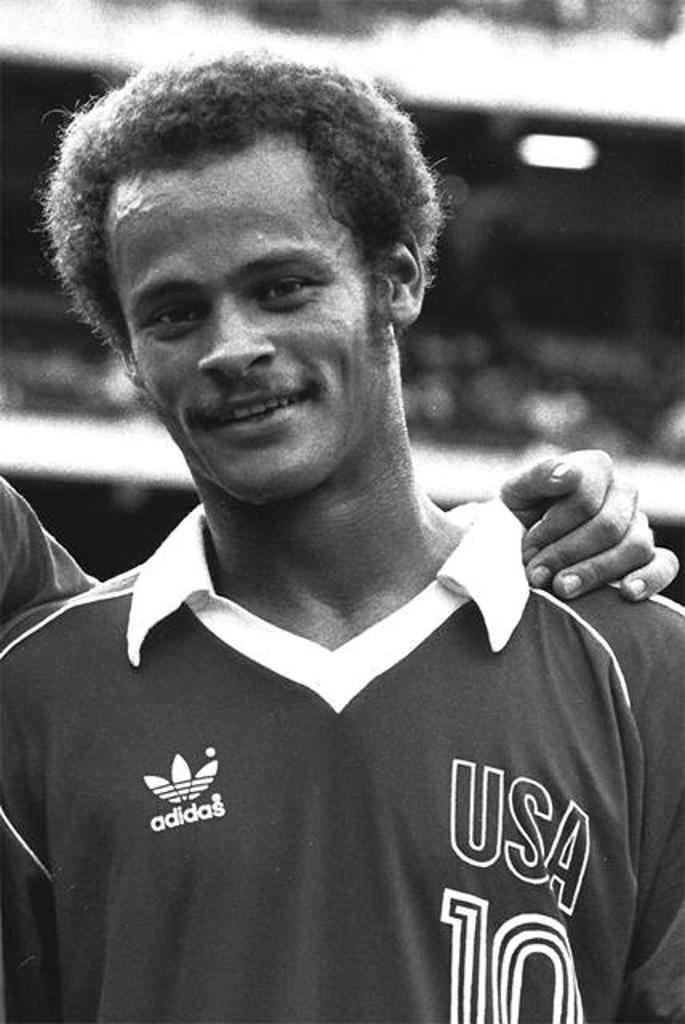
During his time at Hartwick, Hawkins had received a call-up to national team camps, but it was after his graduation in 1984 that Eddie was summoned into first team play. The USMNT had a pair of fixtures lined up against Ecuador in Miami, and Hawkins was called into action for the second of the two showdowns.
On December 2, 1984, Hawkins etched his name into the history books as the first American-born Black player to represent the Men’s National Team. The friendly against Ecuador marked his first and only cap, but it was a pivotal stop on his journey as a soccer player – and eventually on the landscape of American soccer.
During his time at Hartwick, Hawkins had received a call-up to national team camps, but it was after his graduation in 1984 that Eddie was summoned into first team play. The USMNT had a pair of fixtures lined up against Ecuador in Miami, and Hawkins was called into action for the second of the two showdowns.
On December 2, 1984, Hawkins etched his name into the history books as the first American-born Black player to represent the Men’s National Team. The friendly against Ecuador marked his first and only cap, but it was a pivotal stop on his journey as a soccer player – and eventually on the landscape of American soccer.
Astonishingly, Hawkins wasn’t aware he broke the barrier for another five years.
In a 2018 interview, Hawkins said ”It wasn’t necessarily something that separated me from the others because we were all so close on the team. The National Team was the beginning of a new network of friendships. When you get called up to that level, there’s so few players across the nation that you develop relationships that you have for life.”
His international appearance was the pinnacle of his career, as Hawkins was drafted by the Pittsburgh Spirit of the Major Indoor Soccer League – and had his rights traded twice – but never laced up his boots in the league.
Astonishingly, Hawkins wasn’t aware he broke the barrier for another five years.
In a 2018 interview, Hawkins said ”It wasn’t necessarily something that separated me from the others because we were all so close on the team. The National Team was the beginning of a new network of friendships. When you get called up to that level, there’s so few players across the nation that you develop relationships that you have for life.”
His international appearance was the pinnacle of his career, as Hawkins was drafted by the Pittsburgh Spirit of the Major Indoor Soccer League – and had his rights traded twice – but never laced up his boots in the league.
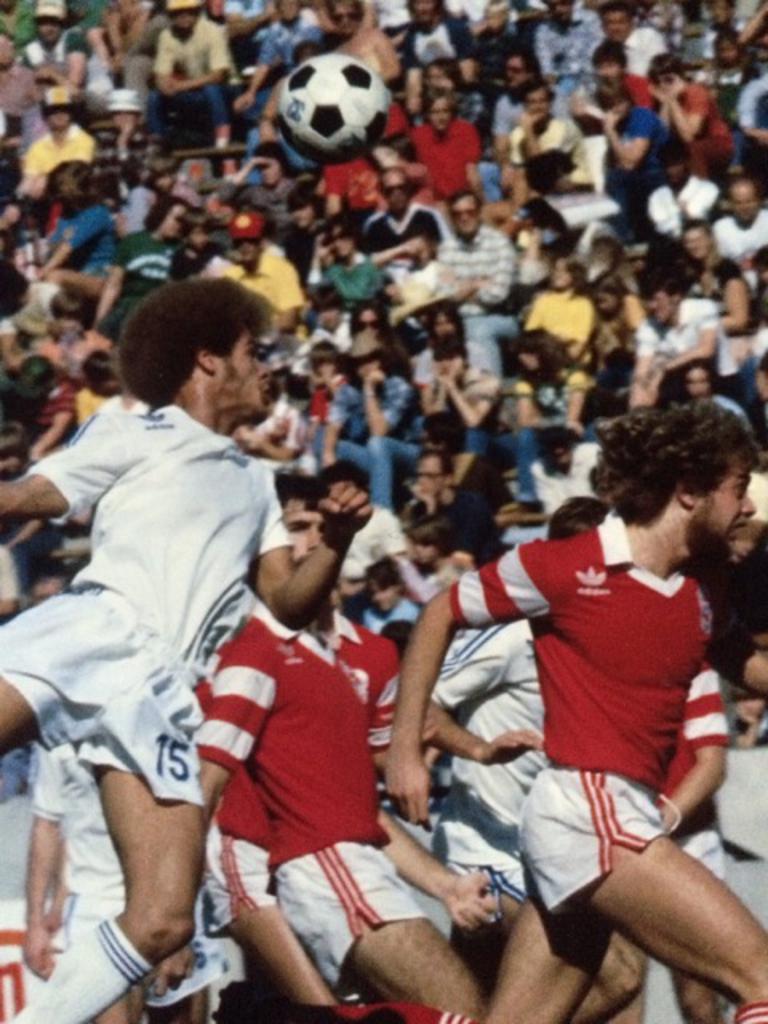
He had no idea how important that moment was for the game of soccer in the United States, and how important his appearance was for all the generations of young players to finally witness a black player represent their country.
Even though Hawkins pursed a career path away from the pitch, his ties to the game were far from finished. Hawkins still helps young players develop their game at the Zen Soccer School – a company that offers private training sessions to soccer players of all ages. It’s a source of pride for him to be able to support the diverse young player core looking ot make the leap to the next level.
“I make a particular commitment to make sure that the student base is well-balanced,” Hawkins said. “I smile when I think about the Asian players now that have come in, the African-American players and the Latino players; it’s fun to get all those players from all those different ethnicities into the training program.
It’s because of Eddie Hawkins and similar trailblazers like him that have kicked down the doors and paved the way for other black players to have the opportunity to compete on a level playing field.
He had no idea how important that moment was for the game of soccer in the United States, and how important his appearance was for all the generations of young players to finally witness a black player represent their country.
Even though Hawkins pursed a career path away from the pitch, his ties to the game were far from finished. Hawkins still helps young players develop their game at the Zen Soccer School – a company that offers private training sessions to soccer players of all ages. It’s a source of pride for him to be able to support the diverse young player core looking ot make the leap to the next level.
“I make a particular commitment to make sure that the student base is well-balanced,” Hawkins said. “I smile when I think about the Asian players now that have come in, the African-American players and the Latino players; it’s fun to get all those players from all those different ethnicities into the training program.
It’s because of Eddie Hawkins and similar trailblazers like him that have kicked down the doors and paved the way for other black players to have the opportunity to compete on a level playing field.

























































































































































































































































































